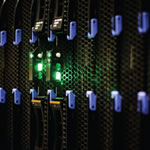
Expert advice for facilities managers on understanding and managing integrated technology and building management systems.
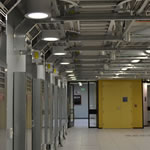
Examples of innovative solutions to difficult problems demonstrate the value of a dedicated team approach to updating campus computing spaces.
We are all increasingly members of this new, interconnected "community." This means that our institutions and our constituents are also members. The Internet of Things (abbreviated "IoT") is everything and everyone that is connected by a common technological fabric.
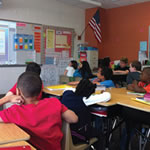
Interactive projectors, monitors and whiteboards provide new teaching and learning tools.
Unless your district is a one-room schoolhouse, every capital improvement brings a corresponding disparity.
Can it improve student learning or teacher quality?
The federal government requires any item purchased with grant money to be tracked, maintained and disposed of appropriately. An asset management solution gives schools the necessary tool for recording each step of the tracking process and ensures detailed documentation for compliance auditing.
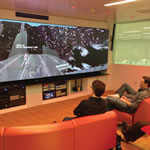
The digital delivery of information across campus is facilitated by the proliferation of innovative video screens.
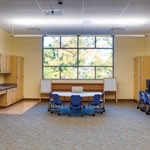
School design that gets inside a student's head research has begun to quantify the effect of interior school design on the performance of students.
A look at intrusion detection and protection systems.
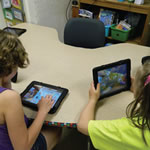
Schools need to be innovative with staff and time to use technology effectively.

Adaptive technologies help students with disabilities fully engage in campus life.
Maintaining connectivity in school buildings requires more than bandwidth. Finding the latest "must-have" technology to engage students may boil down to keeping their batteries charged throughout the day.
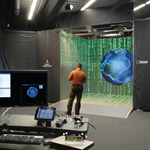
A variety of technology options are ensuring that science, technology, engineering and mathematics (STEM) students receive the best training and real-world experience before embarking on their careers.
A case study in business service consolidation.

Using technology in a way that is advantageous to the students and teachers.
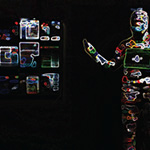
Higher education is being reshaped by technology. A growing number of digital learning institutes are emerging on campuses across the country, and both students and instructors are adjusting to the new ways of teaching and learning they offer.
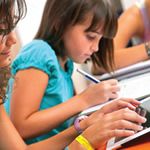
Enabling BYOD and other mobile strategies.
Using E-rate funding has allowed many school districts to purchase technology connectivity at rock-bottom prices, but does the slow purchase/approval time coupled with the accelerating pace of technology change put districts in an increasingly untenable situation?
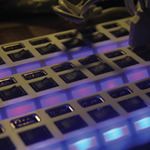
The concept of shared services has become a popular topic of discussion as colleges and universities strive for increased efficiency.
The concept of BYOD in the K-12 environment has been growing steadily over the past few years. Reaping the benefits of this model, while avoiding its pitfalls can be as simple as having a good mobile management strategy.